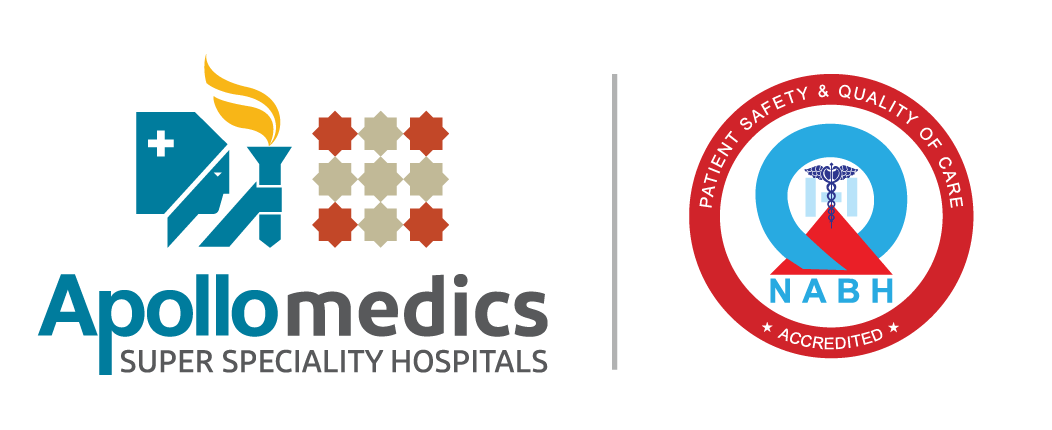DKA is a serious condition that can lead to diabetic coma or even death. DKA is caused by an overload of ketones present in your blood due to consistently high blood glucose of more than 250mg/dl.
When your cells do not get the glucose they need for energy, your body begins to burn fat for energy, which produces ketones. Ketones are chemicals that the body creates when it breaks down fat to use for energy. When ketones build up in the blood, they make it more acidic. They are a warning sign that your blood glucose is out of control or one needs medical help. DKA may happen to anyone with diabetes, though it is rare in people with type 2. However, can be prevented by learning the warning signs and checking your urine and blood glucose regularly.
DKA can occur for several reasons:
- Infection, injury, or serious illness
- A lack of insulin in the body due to missed injections, spoiled insulin, poor absorption
- Severe dehydration
- Combination of these things
What are the signs of DKA?
- High BG levels
- Ketones (in blood and urine)
- Nausea, vomiting, and abdominal pain (cramps)
- Confusion
- Tired, sluggish, or weak
- Flushed, hot, dry skin
- Blurred vision
- Rapid, deep breathing and shortness of breath
- Excessive thirst and frequent urination
- Fruity scented breath
- Unconsciousness
Diabetes – Related ketoacidosis is generally diagnosed with the following four conditions:
- Blood glucose (sugar) level is above 250 mg/dL. (It is possible for you to be in DKA even if your blood sugar is lower than 250.
- Blood pH is less than 7.3 (acidosis).
- Have ketones in your urine and/or blood.
- Serum (blood) bicarbonate level is less than 18 mEq per L.
If symptoms of DKA are severe, hospitalization is required for the following treatments in a hospital setting:
- IV fluids: IV fluids help to correct possible dehydration, clear ketones through the urine and correct electrolyte imbalance.
- Insulin: Your healthcare team may give you insulin through an IV or as a needle injection (subcutaneous shot).
- Other treatments: Depending on the severity of your DKA, your diabetes doctor may give you other treatments to help you recover.



